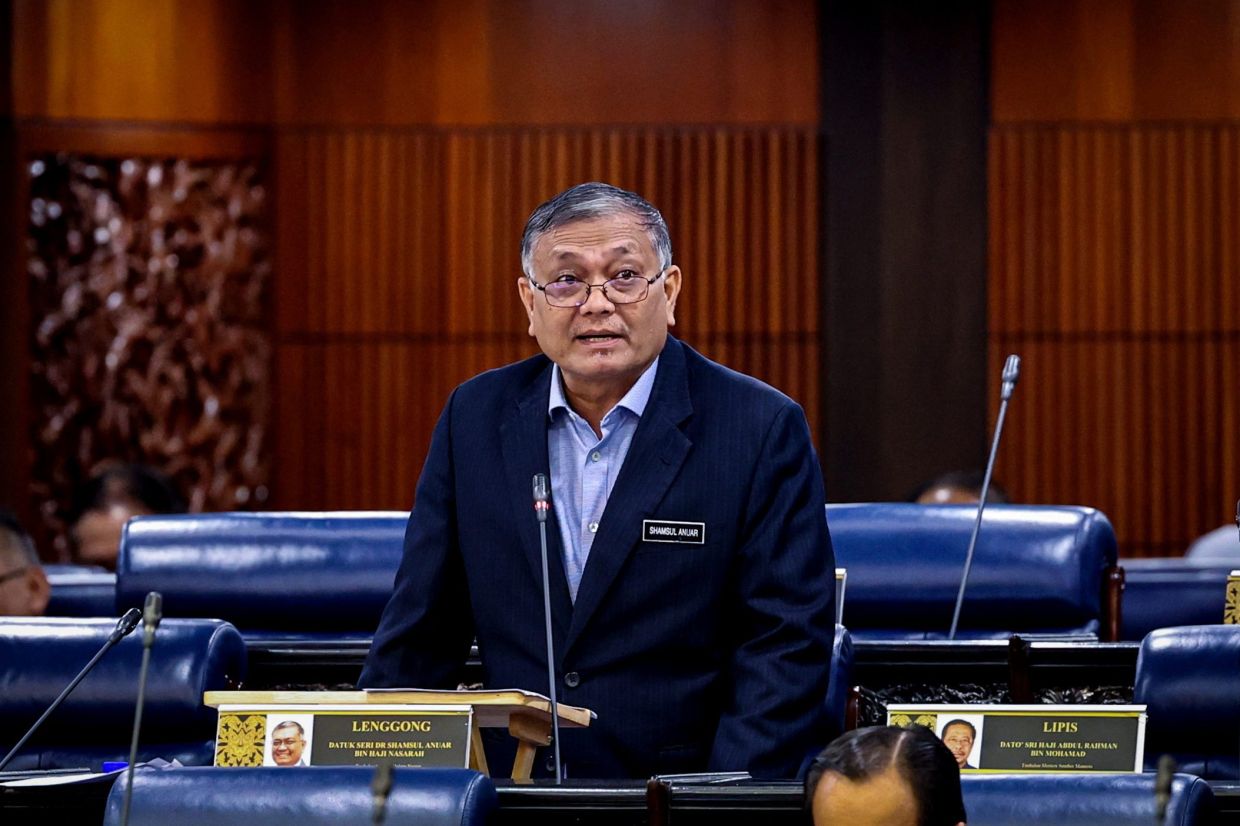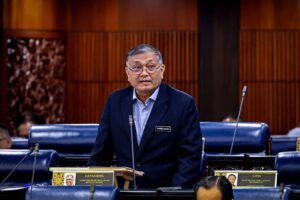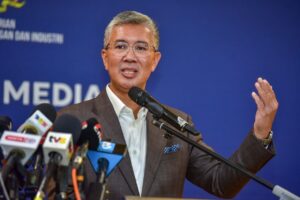KUALA LUMPUR: Border security at the Rantau Panjang entry point is being enhanced through the implementation of Artificial Intelligence (AI) technology scanners, says Deputy Home Minister Datuk Seri Shamsul Anuar Nasarah.
He said that the National Border Control and Protection Agency (AKPS) had begun operations at the Rantau Panjang Integrated Customs, Quarantine and Security Complex (ICQS) on Jan 1, 2020.
He added that this transition has seen the agency take over inspection duties from various departments, including customs, quarantine, and immigration.
“ICQS Rantau Panjang has been equipped with two AI technology scanner units, enhancing our ability to conduct inspections more efficiently and effectively, especially in detecting prohibited items such as drugs,” said Samsul Anuar during Question Time in the Dewan Rakyat on Thursday (Aug 7).
He said this in response to Datuk Siti Zailah Mohd Yusoff (PN-Rantau Panjang) who had asked the ministry to outline its plans to enhance the use of X-Ray and drug detection systems at the Rantau Panjang border checkpoint to combat smuggling syndicates.
Despite this technological advancement, Shamsul Anuar noted that the facility currently lacks cargo scanners due to infrastructure limitations.
Consequently, import and export inspections are conducted manually by AKPS officers.
“However, plans are in place to address this shortfall as part of a comprehensive redevelopment of the ICQS Rantau Panjang Complex.
“The government has approved RM65.4mil for land acquisition to facilitate this upgrade,” he said.
In addition to technological improvements, security at the Rantau Panjang entry point has been bolstered with an increase in personnel from 130 to 350 officers, said Shamsul Anuar.
He added that this is part of a broader strategy to enhance border security and reduce smuggling activities.
Addressing concerns about corruption and integrity among enforcement officers, Shamsul Anuar highlighted ongoing efforts to digitise border operations.
“We are expanding the use of auto-gates to minimise human interaction at entry points and implementing body-worn cameras for officers at major entry points,” he said, adding that these measures aim to increase accountability and reduce corruption risks.






